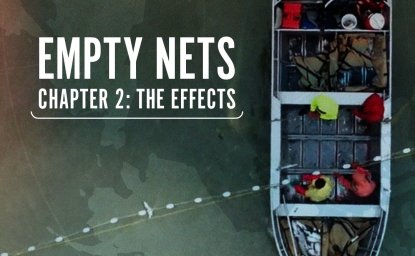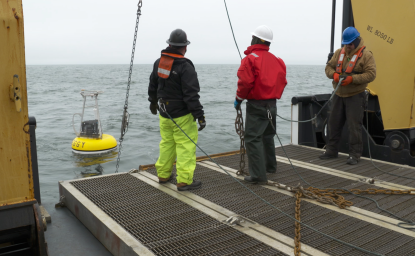In May 2021, The European Commission launched a new plan for sustainability in coastal and ocean industries – known as the blue economy – calling for them to join forces in the fight against climate change. “We should join forces, be creative and find solutions to preserve the health of the oceans and sea,” said EU Commissioner Virginijus Sinkevičius when the plan was published. His goal is “to unite all groups, all sectors, around a single vision. We want all blue economy players to align themselves to the same principles, replacing unchecked expansion with clean, climate-proof and sustainable activities that tread lightly on the marine environment.” The blue economy is a growing industry with a turnover of over €650 billion, which provides almost 5 million direct jobs to EU citizens. The plan lays out a vision for it to become circular and less polluting as Europe aims to reach net zero emissions by 2050.
In this conversation, the EU Commissioner will lay out the Commission’s vision for the future of the EU member states that are directly involved in the Blue Economy.
Guest
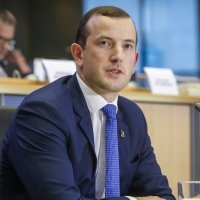
Moderators
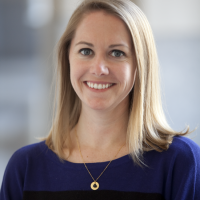



Global Europe Program
The Global Europe Program is focused on Europe’s capabilities, and how it engages on critical global issues. We investigate European approaches to critical global issues. We examine Europe’s relations with Russia and Eurasia, China and the Indo-Pacific, the Middle East and Africa. Our initiatives include “Ukraine in Europe”—an examination of what it will take to make Ukraine’s European future a reality. But we also examine the role of NATO, the European Union and the OSCE, Europe’s energy security, transatlantic trade disputes, and challenges to democracy. The Global Europe Program’s staff, scholars-in-residence, and Global Fellows participate in seminars, policy study groups, and international conferences to provide analytical recommendations to policy makers and the media. Read more

Explore More
Browse Insights & Analysis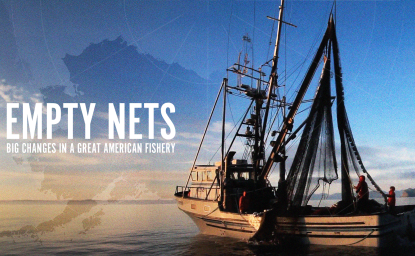
Empty Nets: Big Changes in a Great American Fishery
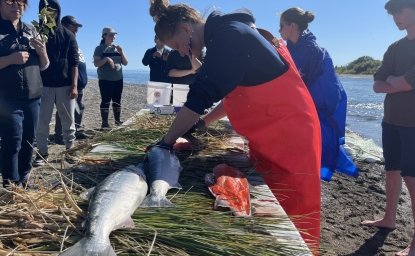
A Personal Account of Well-being and Salmon Systems
